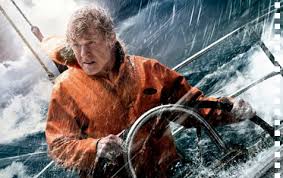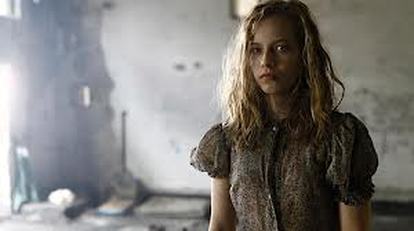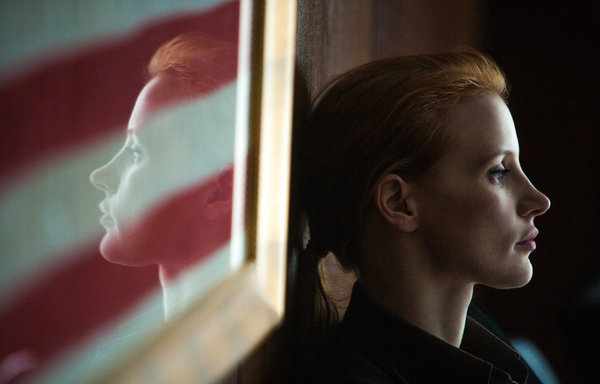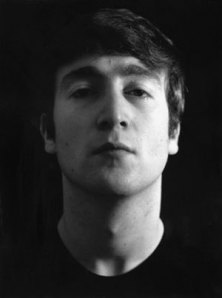Dir. J C Chandor
How many Robert Redford films feature in your list of favourite films? For myself, I would include The Candidate and Jeremiah Johnson. I retain fond memories of watching him paired off with Jane Fonda in Barefoot in the Park and The Electric Horseman and Three Days of the Condor also occupies a soft spot although I may need to watch that again and make a re-evaluation, while Butch Cassidy and the Sundance Kid, without question, shoots to the top of any such list.
No mention yet, you’ll notice, of All the President’s Men or The Sting, nor have I touched upon The Great Gatsby, The Natural, Indecent Proposal or The Horse Whisperer. Owing to his founding of the Sundance Festival and a broad left, eco-friendly outlook, Redford’s credentials are impeccable but doubts do exist. Doubts arising from a suspicion that that he hasn’t always chosen parts which stretch him very far as an actor and his apparent clinging to leading man roles when the sand in that particular egg timer had long since run through.
I did once forgo a Redford film. The Way We Were was playing at our college Film Society and it was a sell-out. As I approached the door clutching my ticket I was urged to sell it by an anguished female student whose desire to see the film clearly burned more fiercely than mine. I sold my ticket (at face value I hasten to add) and went off to pursue the worthwhile student activity of essay writing or more likely drinking at the Student Union.
Anyway, I digress, the point I’m making is that I wouldn’t have given up my ticket to see a Paul Newman film. But if you share such an ambivalence about Robert Redford, in the case of All is Lost, I urge you to drop it as this is a terrific film.
It is not a spoiler to say that there is no dialogue in the film, nor are there any other characters in the cast. Redford is alone at sea and he has to act to carry this film. And act he does in 106 minutes of gripping drama.
We are not given any back story nor are we allowed any traditional narrative arc. The film opens with the crisis point of a single-manned yacht in the Indian Ocean being dangerously holed by an errant container cast adrift in the ocean shortly after we have heard in voiceover the thoughts of the sailor (referred to as Our Man in the credits) in his final log entry. He says he fought to the end, he refers to “you all” (family?) he apologises and we catch a glimpse of a wedding ring on his finger. And that’s it: no explanation of why he is sailing alone, no information about a start and end point to his journey and no motive given for his solitary voyage. These things don’t matter as this is not Santiago in The Old Man and the Sea battling for one last big fish, this is a film about life and its inevitability.
Most viewers will arrive at this film loaded with baggage. Even when they realise that there will be no interplay between characters they will still have huge expectations of a triumph for the central character who has gained our sympathies; the rule of an uplifting ending for the final reel should be retained. However, what they will find is skill, resourcefulness and enterprise pitted against relentless adversity. Our Man says he fought to the end which indeed he does and, apart from one despairing bellowed expletive, Redford underplays it all magnificently with nuanced eye movements and stoic opposition to the hand which fate has dealt him. He is not so much Hemingway’s Old Man of the Sea but Coleridge’s Ancient Mariner,
“Alone, alone, all, all alone,
Alone on a wide wide sea.”
where he is pitted mercilessly against the elements. The storm scenes exemplifying man’s insignificance against the force of nature are particularly breath-taking and the protagonist is thrown about the overturning boat. There is no question here of Redford opting for an easy ride or a camera-friendly, image boosting role; a physically demanding, arduous shoot for a seventy-seven year old actor and a performance which must put him in line for a best actor Oscar. Maybe it is his tilt for the last big fish after all.
Any acclaim for Redford in this film will not be begrudged. He gives a compelling performance of raging against the dying of the light building to a heart-rending conclusion. J C Chandor as director should also receive recognition for a taut and brave film which challenges the conventions of mainstream cinema.
It is time to rejig that list of favourite Robert Redford films and find a space at the top for All is Lost.






 RSS Feed
RSS Feed
